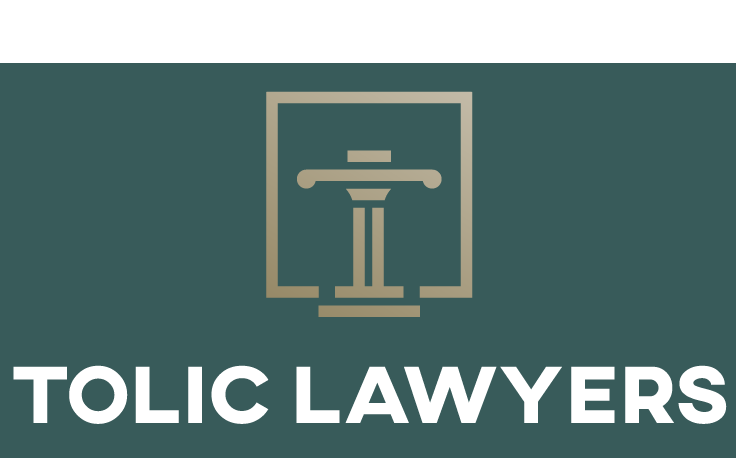Standard Business Sponsorship (SBS) is a program in Australia that enables businesses to sponsor skilled workers from overseas under various visa subclasses, including the Subclass 482 Temporary Skill Shortage (TSS) visa.
To become a standard business sponsor, businesses must meet specific requirements and obligations. Here’s a summary of the key requirements for standard business sponsorship:
General Eligibility Criteria:
- Lawfully Operating Business: The business must be operating lawfully in Australia and have a valid Australian Business Number (ABN).
- Good Business Record: The business should have a satisfactory record of compliance with Australian immigration laws and workplace relations.
- Training Commitment: The business must show a commitment to training Australian citizens and permanent residents. This may involve meeting the training benchmark requirement by contributing to the Skilling Australians Fund or fulfilling alternative training obligations.
Obligations of a Standard Business Sponsor:
- Notification Obligations: Notify the Department of Home Affairs about any changes to the business structure, contact details, or other relevant changes within 28 days.
- Cooperation with Inspections and Monitoring: Cooperate with immigration inspectors and provide access to the workplace for monitoring and compliance purposes.
- Compliance with Immigration Laws: Comply with all relevant Australian laws, including immigration laws and workplace relations laws.
- Employment Terms and Conditions: Ensure that sponsored employees work in the nominated occupation and provide terms and conditions of employment that are no less favorable than those provided to Australian employees.
- Market Salary Rate: Pay the sponsored employee at least the market salary rate for the nominated occupation and ensure that salary payments are in accordance with Australian employment standards.
- Labour Market Testing (LMT): In some cases, depending on the occupation and circumstances, the employer may have to do Labour Market Testing to show that no suitable Australian worker is available for the position.
- Maintain Records: Keep and provide records related to compliance with sponsorship obligations. These records may include employment, payroll, and training records.
- Health Insurance: Ensure that sponsored employees have proper health insurance (Overseas Worker Health Cover – OVHC) for the length of their stay in Australia.
- Notification of Ceasing Employment: Notify the Department of Home Affairs if the sponsored employee ceases employment earlier than the agreed-upon period.
- Changes to Terms and Conditions: Notify the Department of Home Affairs if there are significant changes to the terms and conditions of the sponsored employee’s employment.
Meeting these requirements and fulfilling these obligations is necessary for complying with Australian immigration laws and for successfully sponsoring overseas workers under various visa programs.
It’s crucial to keep in mind that immigration policies may change, so businesses should check the official Department of Home Affairs website regularly for the latest information and consult with a qualified migration professional when necessary.
